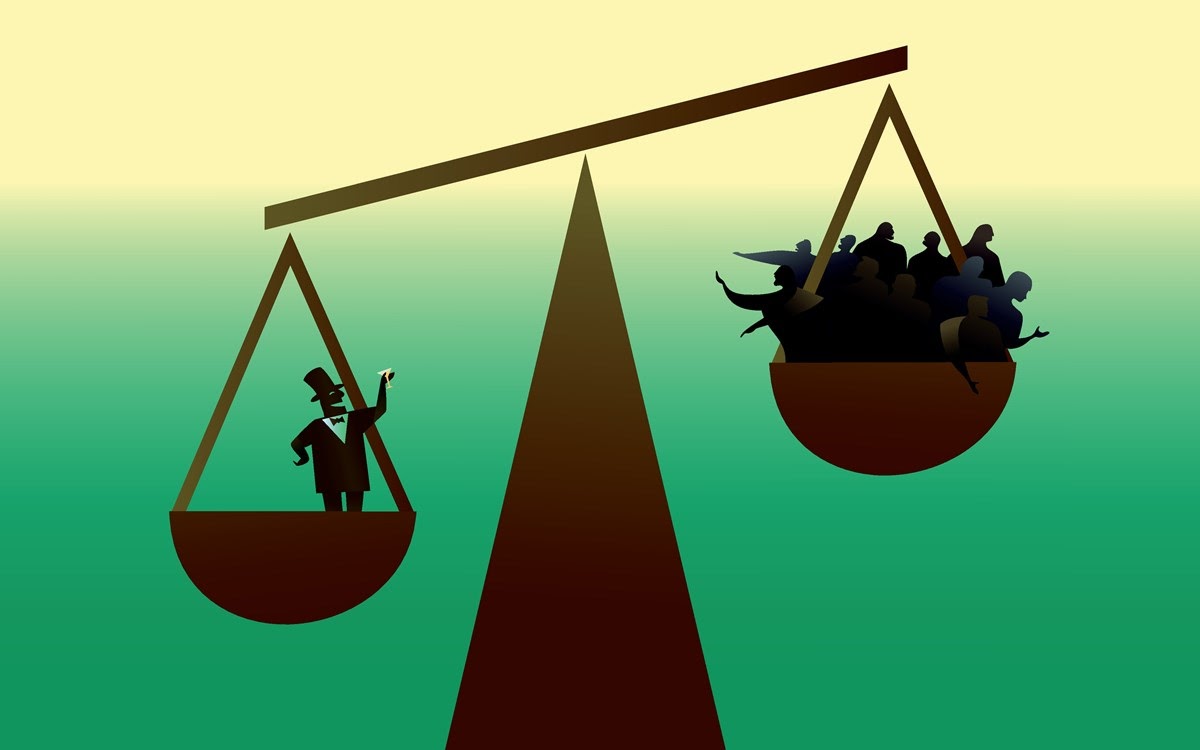

By Jacob Derin
The economic devastation caused by the coronavirus pandemic may be beginning to abate somewhat, as retail sales are projected to grow between 6.5-8.2 percent this year. A significant portion of this sales growth will be in online platforms, which have already seen a massive boost thanks to the lockdowns.
Most of this wealth will accumulate at the very top of the economic hierarchy as the net worth of billionaires such as Jeff Bezos continues to shatter records. Among the toughest problems the pandemic will leave us is the question of what to do about the massive wealth inequality between centi-billionaires such as Bezos and the vast majority of American society.
Over the past year, the United States has been forced to resort to desperate measures that hadn’t previously seemed possible. Political activists like Andrew Yang, who support Universal Basic Income, seem to have been only slightly ahead of the times. Lockdowns and direct federal aid to the entire US population were political impossibilities in 2019. They were an everyday reality in 2020.
A consensus is growing that American society is unsustainable in its current form. In its left- and right-wing forms, the rise of political radicalism shows this to be the case. For all the bitter divisions between these disparate parts of the political spectrum, they both agree on the problem: the status quo is unacceptable.
Their proposed solutions are where the disagreements lie.
The old dogma of trickle-down economics suggests that if we leave the ultra-wealthy alone long enough, the rest of us will begin to see the benefits of their success. Redistributive policies on the left, such as increased taxation and a higher minimum wage, propose a more active approach.
Our experiment with direct government aid has shown that a Universal Basic Income-like system is possible. It probably saved a significant number of people from truly dire economic straits for all of its shortcomings.
And as much as the big tech giants like Amazon make for easy villains in this story, they’ve provided a vital service during this time. Their delivery model made it possible for people to get access to critical resources during the pandemic. Any proposal that would lay a crippling financial burden on it is likely to do more harm than good.
I’m not saying that there’s no room to increase taxes or the minimum wage without doing that, but there’s clearly an upper limit.
Inequality has a way of tearing at the social fabric of society. After the Capitol riots and the sporadic left-wing violence over the summer, it’s difficult to deny that we’re already beginning to feel its worst effects.
I’m not an economist. I don’t know how to solve the problems of poverty or wealth inequality. But it seems clear that we need to stop being afraid of trying new and different solutions. We need to start weighing the consequences of making mistakes against the misery that people are experiencing already.

Jacob Derin is a third-year English and Philosophy major at UC Davis.
Support our work – to become a sustaining at $5 – $10- $25 per month hit the link:
